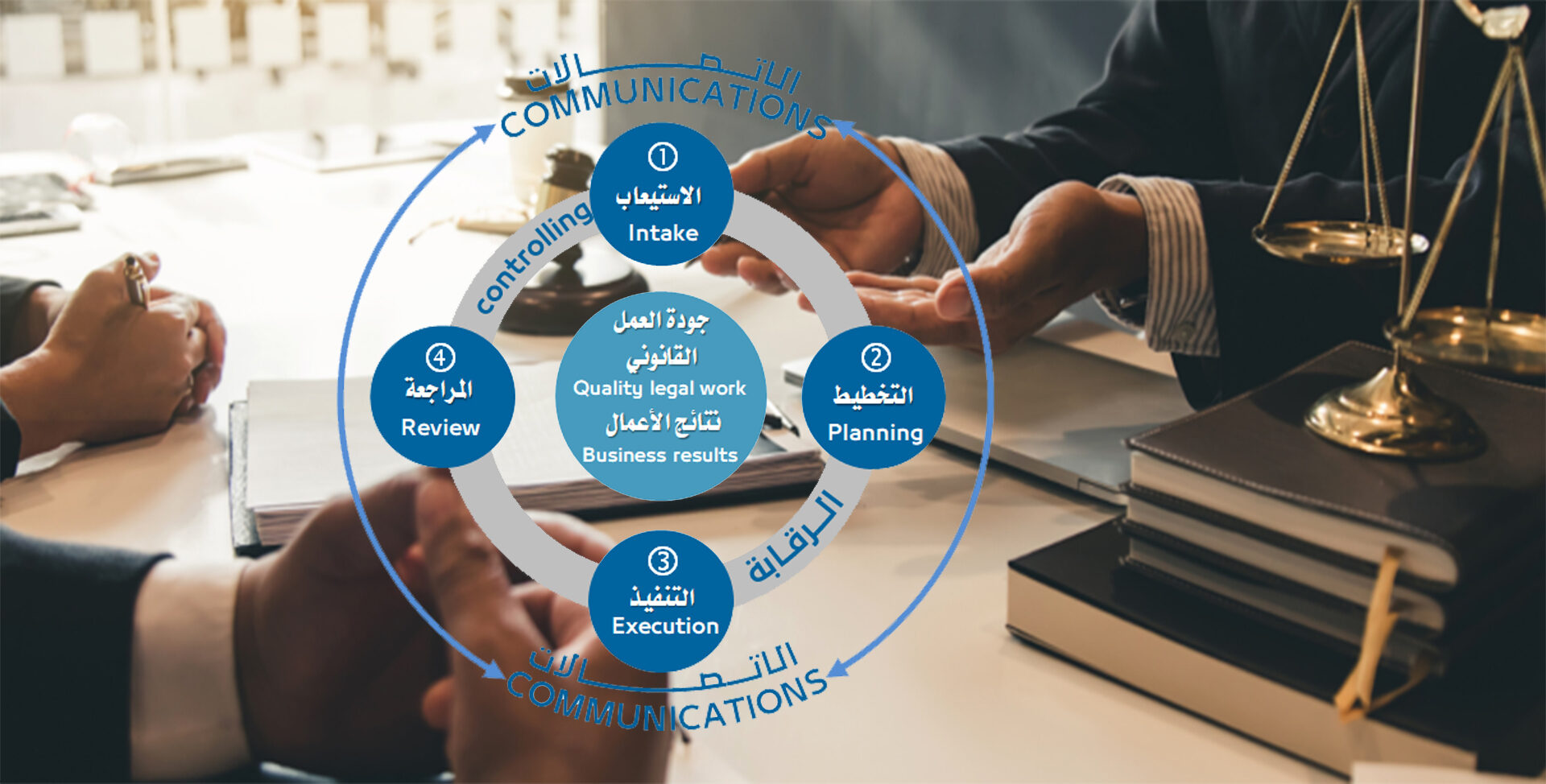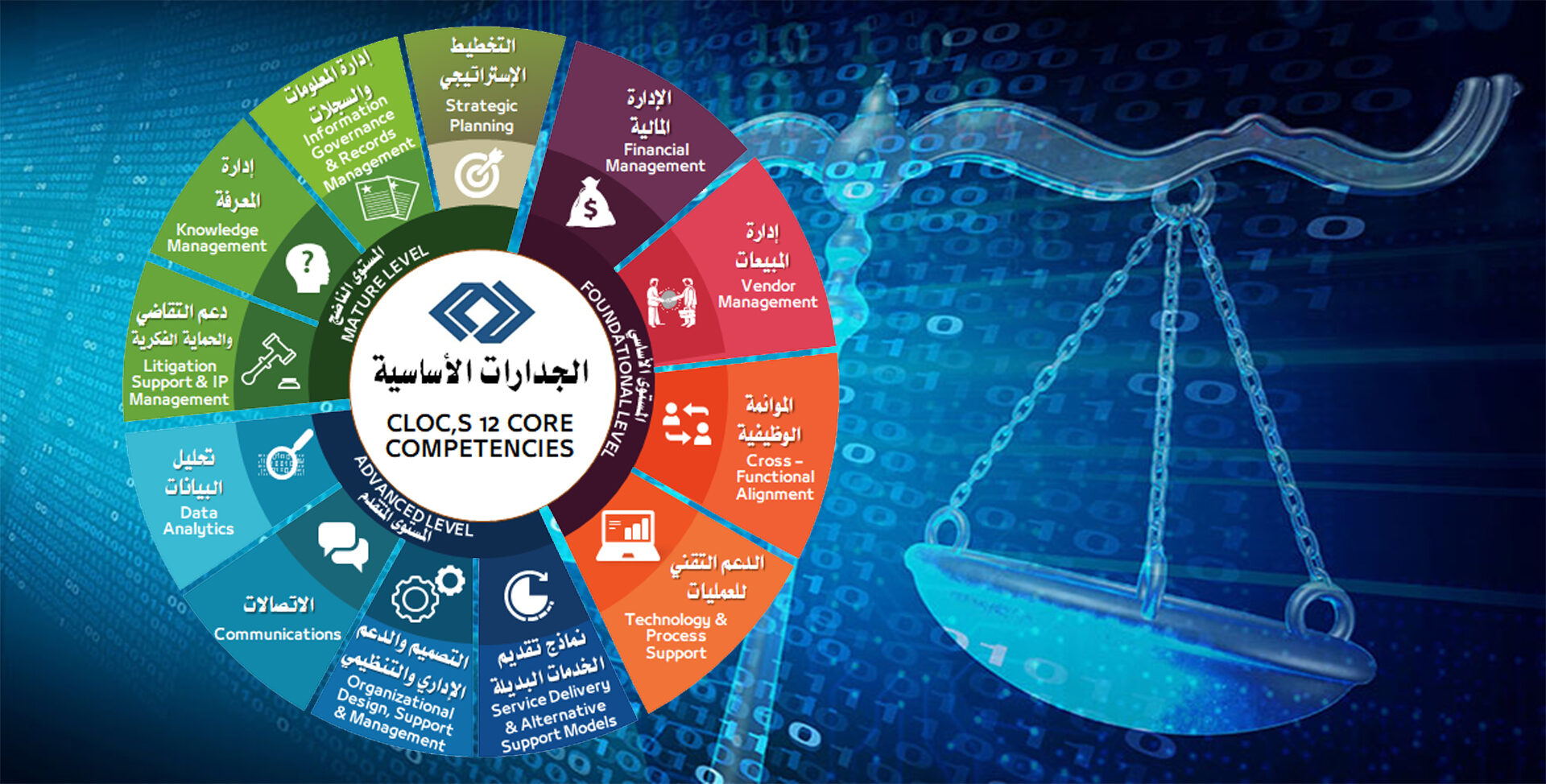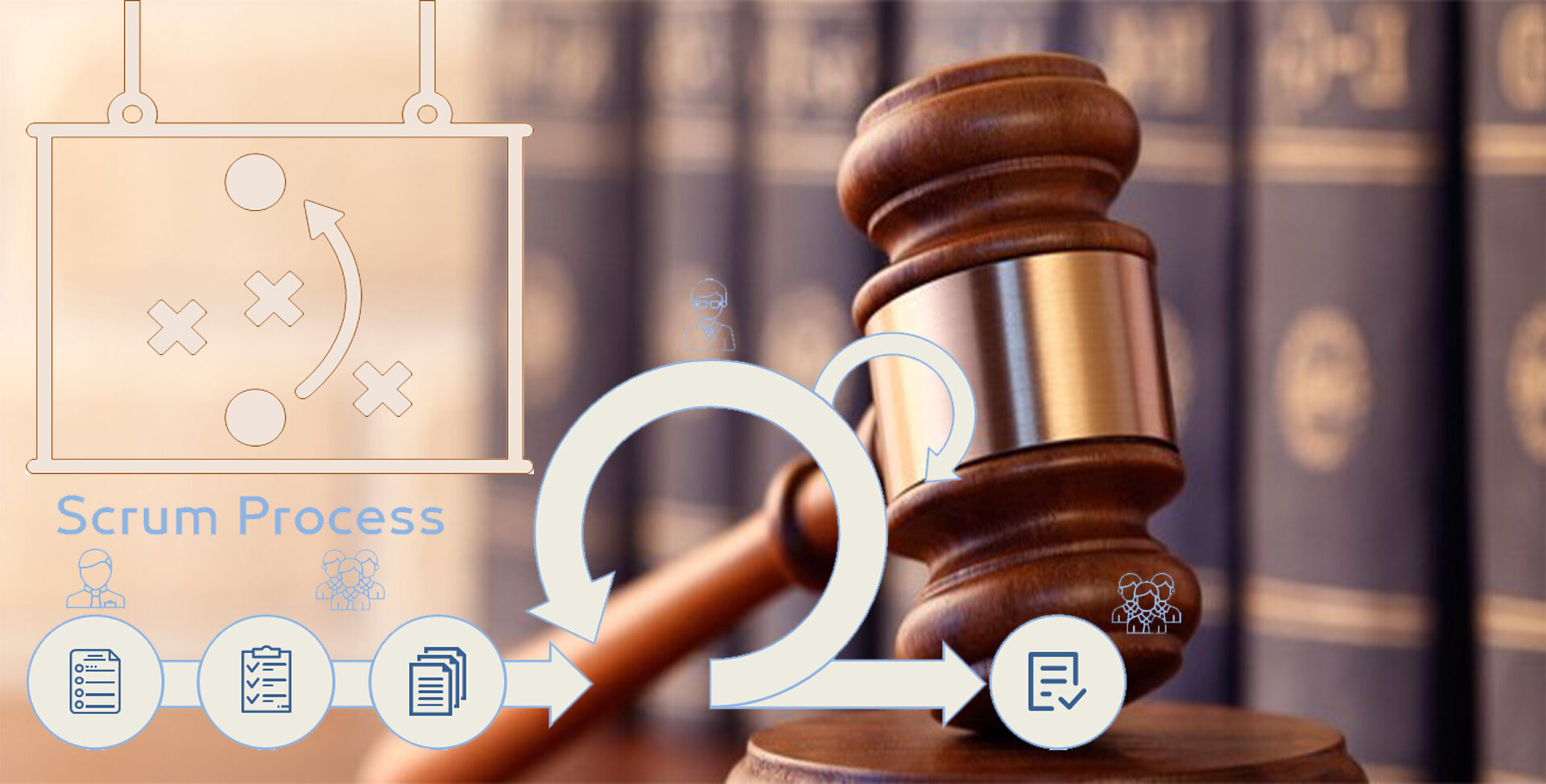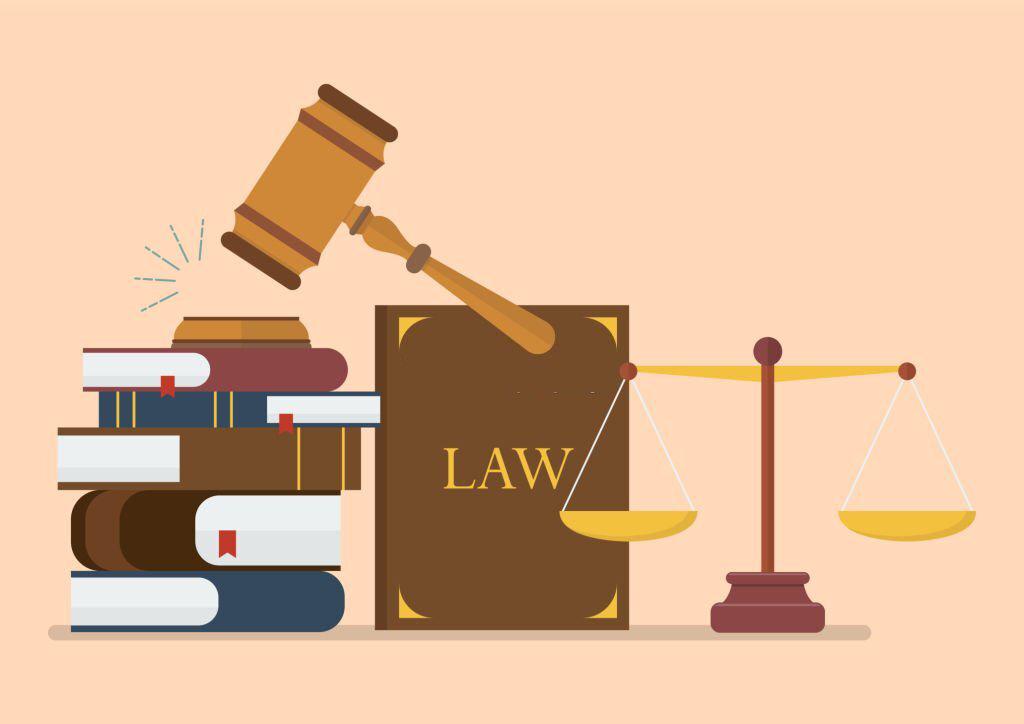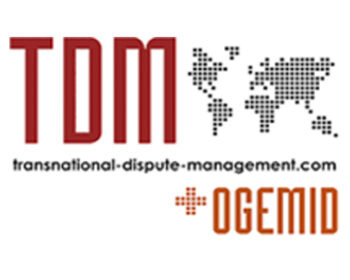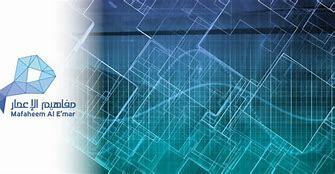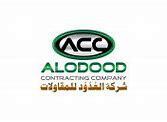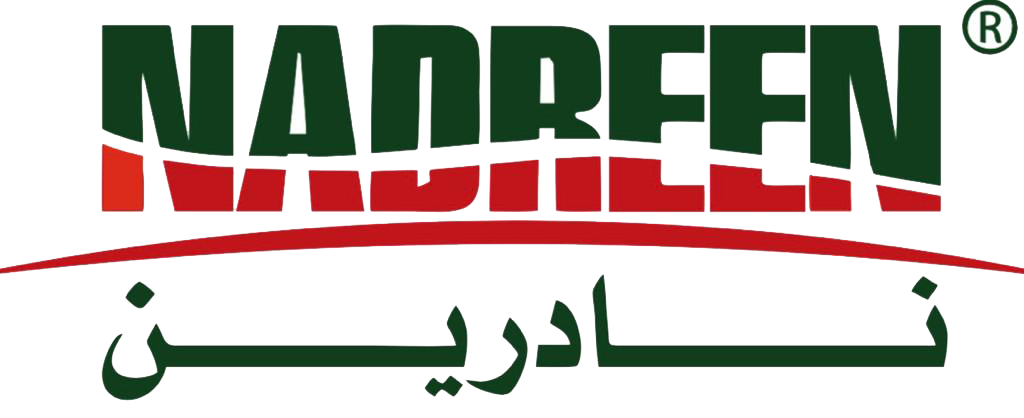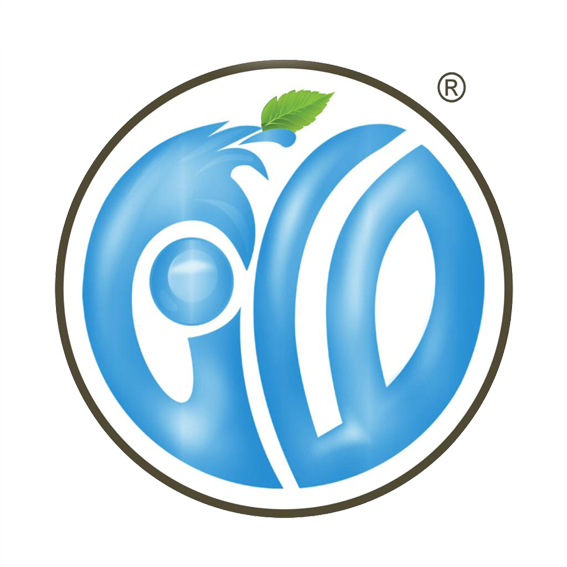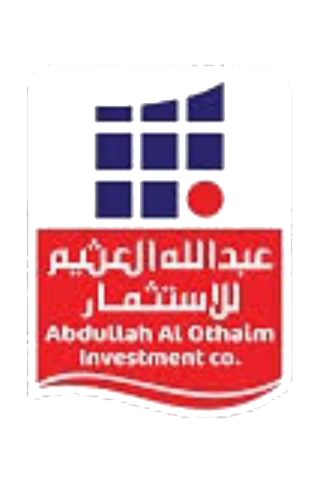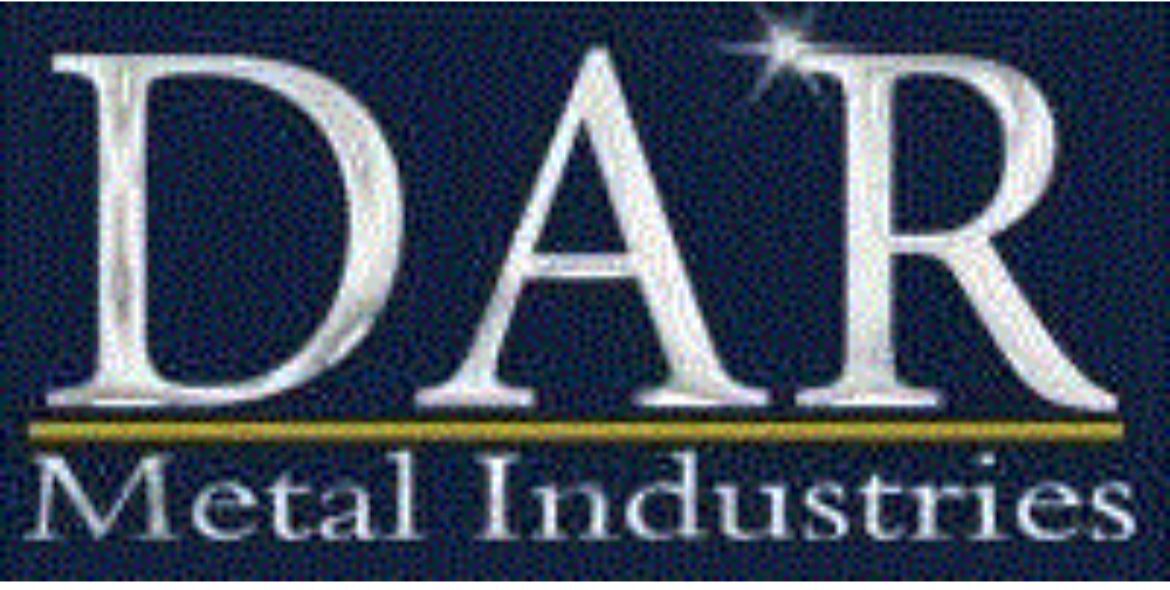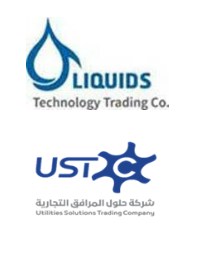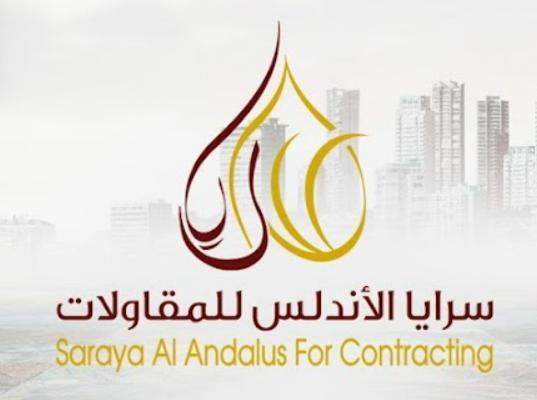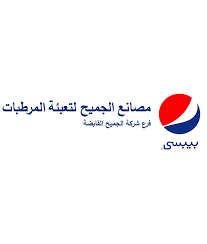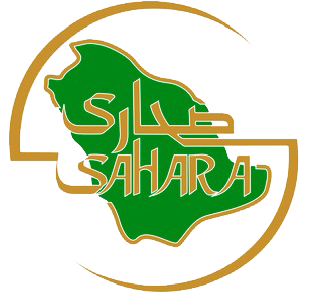To ensure the best practices in the legal field, the Company is committed to applying legal project management methodology to all of its activities and practices, so we took the initiative to establish a quality project management office specialized in project management and legal consultation according to the PMI standards, as an assurance that our projects will achieve the expected results. We have also adopted the CLOC 12 core competencies model for running our legal operations, having developed the model to make it appropriate for the working environment in the Arab world in general and in the Kingdom of Saudi Arabia in particular. Our employees are trained and qualified in accordance with the best implementation practices of the model. Similarly, we have developed our project management framework in accordance with the CLOC standards for the management of legal cases and advice, thus facilitating our delivery of excellent legal services and consultation at high levels of effectiveness and competency.
To safeguard the highest quality of our legal work and achieve outstanding business results for our projects, we at Dr.Fahad Al-refaei & Partners Law Firm And Legal Consultations Company have executed a detailed lifecycle process groups project consisting of five phases, whose component operations are listed below.
First Phase – Intake
- Operation order of new case/advice.
- Designation of main lawyer.
- Determination of the resources required, which may include the help of a local/external advisor.
Second Phase – Planning
- Reaching agreement based on the client’s requirements.
- Verification of scope, timing, objectives and stakeholders.
- Analysis of the costs and revenues from use of resources and investment.
- Identification of the external advisor, if necessary.
- Delivery of guiding principles.
- Determination of fees and budget.
Third Phase – Execution
- Delivery of the project.
- Accepting delivery.
- Actual efforts and achievement data.
- Change orders.
- Problems.
Fourth Phase – Control
- Spending control and extent to which intended results are obtained.
- Ongoing evaluation of risk files and strategy implementation.
- Control and management of resource usage inclusive of budget and team.
- Control and management of duration and timetable.
- Control of duties, outcomes and results.
Fifth Phase – Review
Extracting lessons learned.
- Identification of successes and failures.
- Identifying changes needed.
- Identifying elements to be maintained or used in other services, operations and projects.
- Determination of best ways to disseminate knowledge and to whom.
To ensure that the legal team functions with competence and effectiveness, we apply the RASCI responsibility assignment template to determine the allocation of roles as follows:
- Responsibility - project manager and his team.
- Accountability - program manager.
- Support - executive management.
- Consultation - legal advisor.
- Information - briefing.
Recognizing the importance of correctly analyzing and dealing with cases, the Company holds training courses for teams on how to use the following legal analysis tools:
- Briefing of cases, IRAC.
- Mind maps.
- Root cause analysis.
- Fishbone analysis.
- Cause and effect schedules.
- SWOT analysis.
- Five whys analysis.
At Dr.Fahad Al-refaei & Partners Law Firm And Legal Consultations Company Having analyzed the occurrence of barriers to competence in the fields of law and legal consultation, we have built a legal operations matrix for the Company and developed our own work model. The four principal categories of barriers and the activities and skills needed to overcome them are as follows:
- Legal skills
- Writing opening statements.
- Writing answer memos.
- Writing Court Award Appeals.
- Writing Court Award Objections.
- Reviewing system updates.
- Fact adaptation.
- Pleading before judicial and quasi-judicial bodies.
- Enhancing evidence.
- Writing legal advice.
- Drafting contracts.
- Linking case facts with Quran and Sunna.
- Auditing contracts.
- Studying cases.
- Legal research.
- Legal and judicial procedures.
- Provision of creative solutions and views.
- Ability to analyze and reach conclusions.
- Management skills
- Analysis and diagnosis.
- Using analysis tools.
- Planning analysis.
- Administrative organizing skills.
- Good leadership.
- Project management.
- Administrative and legal report-writing.
- Dealing with work teams.
- Active meeting management.
- Performance evaluation and management.
- Feasibility study skills.
- Negotiation and persuasion.
- Marketing.
- Client service and communication.
- Data and information management.
- Creativity in problem solving.
- Technical skills
- Microsoft Word.
- Microsoft PowerPoint.
- Microsoft Excel.
- Email.
- Google.
- Company ERP system.
- Specific website (complaints committee).
- Najez Platform.
- Google Drive.
- Zoom and Tamayuz.
- Social media.
- Speedy touch typing.
- Bankruptcy committee website.
- File transfer skills.
- File loading skills.
- Soft skills
- Active communication.
- Cooperation with the work team.
- Time management.
- Etiquette and protocol skills.
- Adherence to dress code.
- Problem solving and decision making.
- Training and self-development.
- Speed reading.
- Summarization and short writing.
- Logical thinking.
- Critical thinking.
- Punctuality.
- Verbal fluency.
- Demonstration and presentation skills.
- Foreign language skills.
- Concentration, arranging and organizing.
- Listening and attention skills.
- Helpfulness and cooperation.
- Discipline and good manners.
- Psychological and emotional balance.


